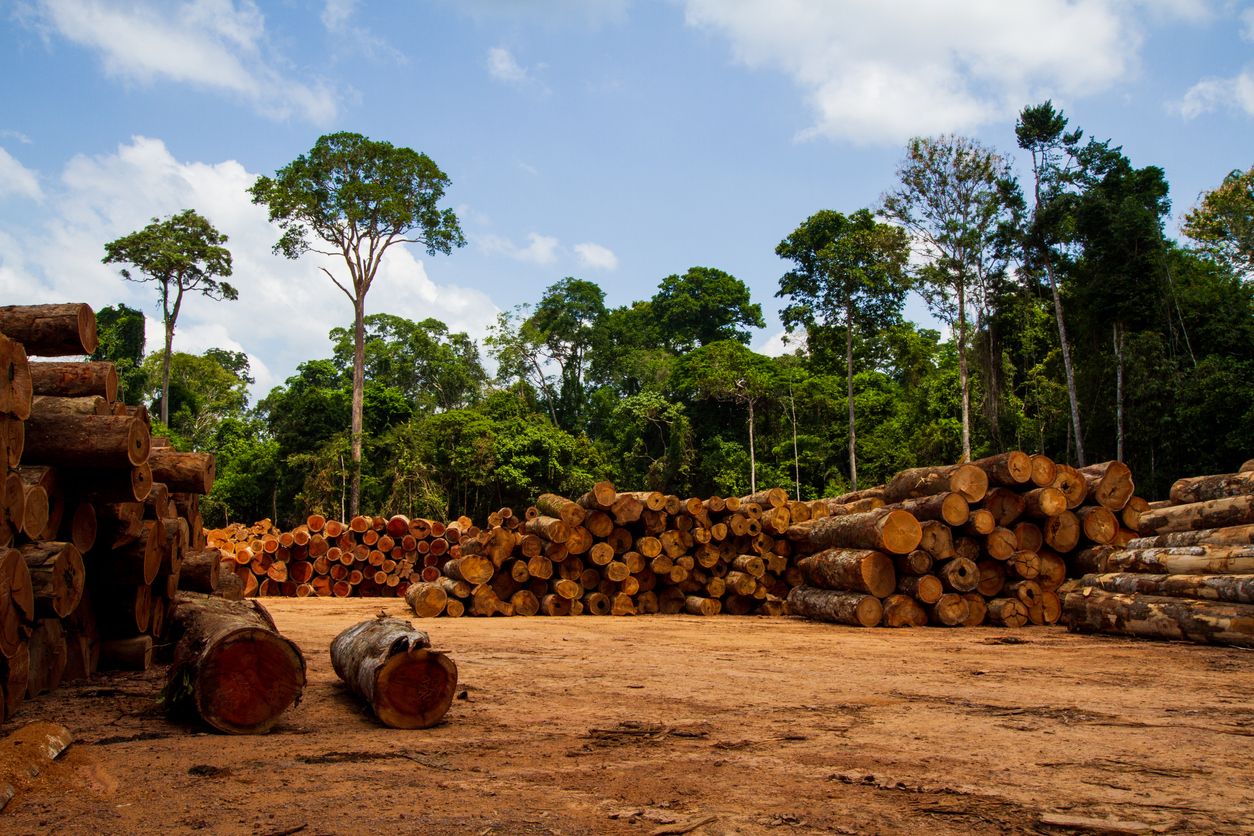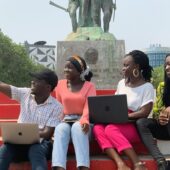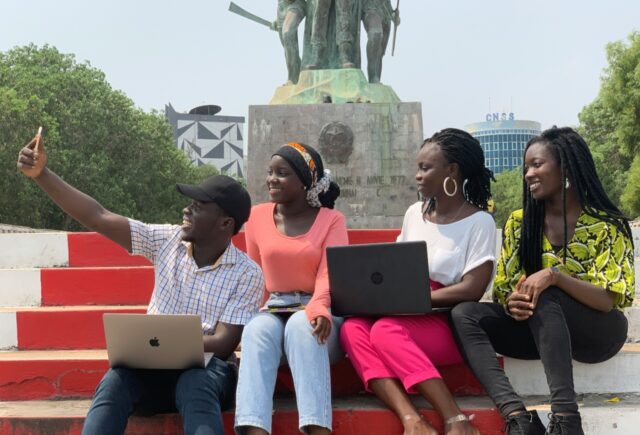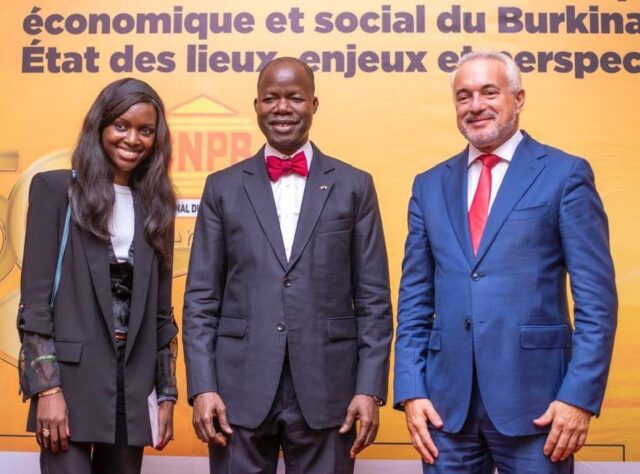The Dutch bank reportedly violated its own ‘zero-tolerance’ policy towards deforestation. Extensive data research conducted by FD in collaboration with NGO Repórter Brasil shows Rabobank’s involvement with illegal deforesters.

Dutch bank Rabobank provided at least 750 loans to Brazilian farmers who were classified as illegal deforesters by the federal environmental agency Ibama.
Providing loans to illegal deforesters violates the bank’s ‘zero tolerance’ policy, which stipulates it does not do business with such farmers. Never before has Rabobank’s involvement with illegal deforesters been so emphatically demonstrated.
This is evident from extensive data research conducted by FD in collaboration with NGO Repórter Brasil. FD combed through tens of thousands of loans to Brazilian farmers and compared them with a register of environmental violations from Ibama.
Deforestation embargoes
The research shows that more than 300 Brazilian farmers who were under an embargo due to illegal deforestation subsequently received a loan from Rabobank. It also appears that the bank, contrary to its own policy, did not sever links to customers who were handed such administrative sanctions by Ibama during the term of a loan.
In a response, Rabobank confirmed it has clients in its portfolio who are affected by one or more deforestation embargoes. But unlike Ibama itself, the bank states that an embargo from the environmental agency is not a punishment, but only a suspicion. An embargo is therefore a reason for a customer investigation, but not a reason to refuse or sever ties to those customers.
WWF reaction
In a reaction to this story, a spokesman for the World Wide Fund for Nature (WWF) told FD the group “expects Rabobank to take the results of the investigation seriously and to take appropriate steps.”
Rabobank and WWF have been working closely together around the world for years. In Brazil, both parties are working on promoting a sustainable form of agriculture, which reduces the need to cut down forests.
Livestock farming and agriculture are the biggest drivers of deforestation in Brazil, especially the Amazon rainforest. In thirty years, more than 780,000 square kilometers of nature has disappeared, causing major damage to ecosystems and the climate.
Rabobank customers in this study had been sanctioned by Ibama for deforesting a total of 84,000 hectares, the same as the area of all industrial estates in the Netherlands. Most Rabobank loans in the study are intended for soy cultivation (30%), followed by livestock farming (22%) and corn (10%).
‘Zero tolerance’
Rabobank has been active in Brazil since 1989. Financing company De Lage Landen, a fully owned subsidiary of Rabobank, followed in 2002. The bank finances both individual farmers and large food multinationals and is growing rapidly.
Outstanding loans to farmers in Brazil increased from €3.3bn in 2021 to €4.2bn in 2022. The findings are striking because the bank claims to have a ‘zero tolerance policy’ towards deforestation, which in practice means it does not accept or retain customers who have been guilty of illegal deforestation after 2005. This policy is supposed to be stricter than that of other banks and Brazilian laws and regulations.
In its investigation, FD used data from development bank BNDES, an important partner of Rabobank. Although Rabobank uses money from BNDES to take out tens of thousands of loans with individual farmers and companies, it relies on its own customer acceptance policy. More than half of the direct loans to farmers at De Lage Landen are through BNDES, compared to 8% at Rabobank.
FD then compared credit data with the social security numbers of a group of farmers who have been classified as illegal deforesters by Ibama. It showed that 326 different farmers received a total of 753 loans after being sanctioned by the agency for illegal deforestation. Another 39 farmers were sanctioned by Ibama for deforestation, but didn’t get their loans cancelled. The most recent loan to a deforester was issued in August.
The most striking case featured a farmer who starred in a Rabobank promotional video about sustainable soy in 2019. Between 2010 and 2019, the farmer and her family deforested 2,760 hectares for soy cultivation, an area as large as half of De Hoge Veluwe National Park in the Netherlands.
Although the Brazilian authorities imposed several sanctions, Rabobank continued to do business with the farmer, according to documents in the hands of FD. At the end of 2020, an existing credit line for the farmer in question was increased from €10m to €63m.
Rabobank told FD it cannot respond to individual cases. BNDES didn’t want to say whether the findings about Rabobank were against its own policies, but said it would ask the Dutch lender for clarification.
This article originally appeared in Dutch business newspaper FD, on 3 November, 2023.





